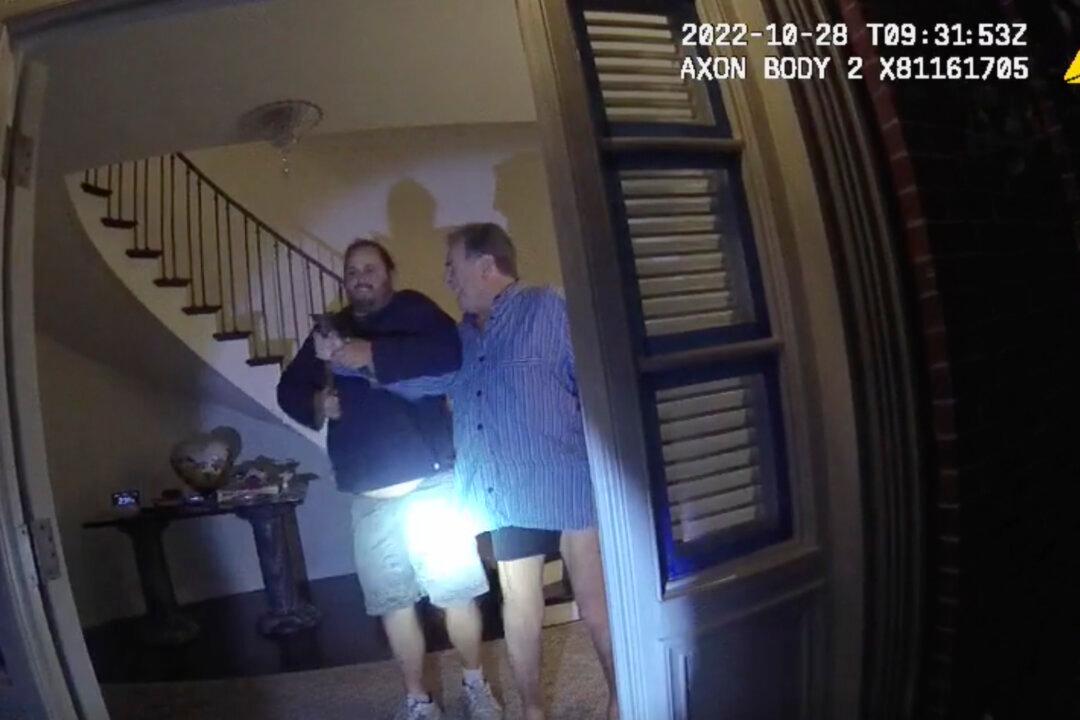Attorneys for David DePape, the man sentenced to 30 years in prison for assaulting former House Speaker Nancy Pelosi’s (D-Calif.) husband, have filed a motion opposing a judge’s decision to reopen Mr. DePape’s sentencing hearing and want the case reassigned to a different judge.
U.S. District Judge Jacqueline Corley of the Northern District of California issued an order over the weekend, ruling to reopen Mr. DePape’s sentencing hearing due to an error consisting of failing to let him speak during earlier court proceedings.





